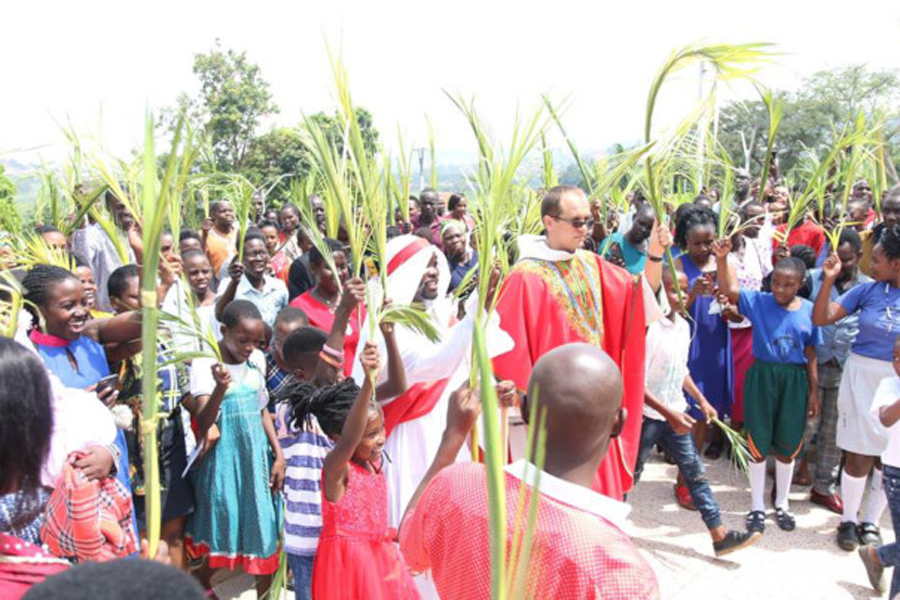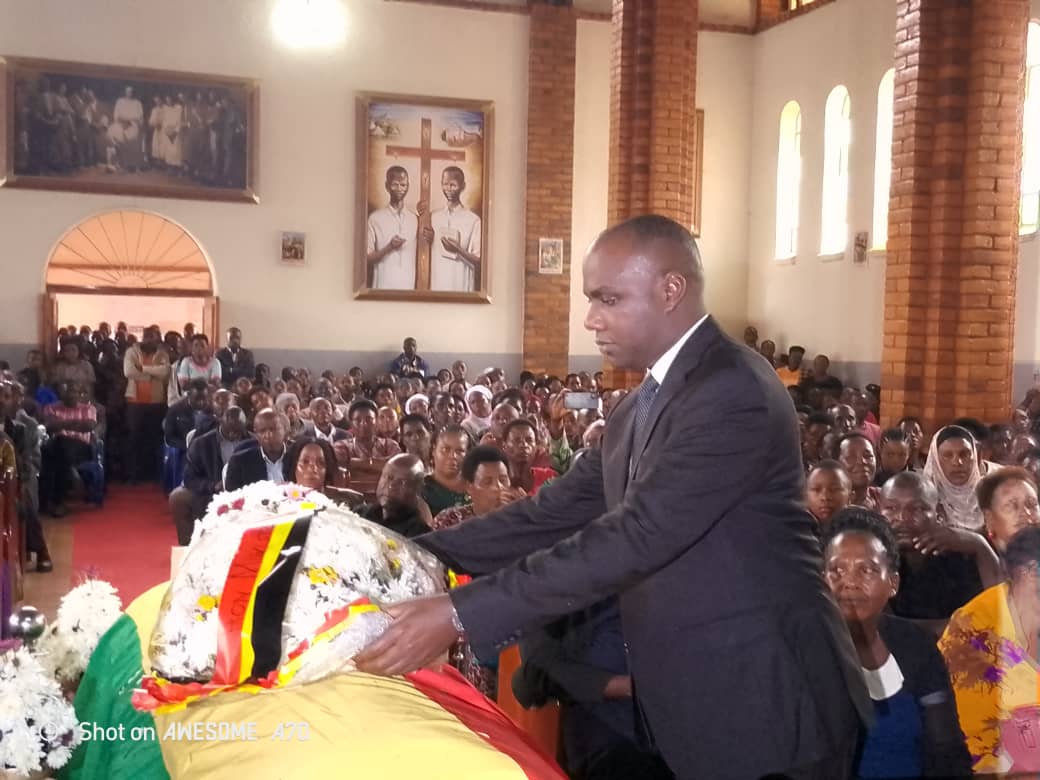Understanding the Holy Week

It begins on Palm Sunday and ends on Easter Sunday, which marks the resurrection of Jesus.
The Holy Week is a significant period in the Christian faith that commemorates the final days of Jesus Christ on earth.
It begins on Palm Sunday and ends on Easter Sunday, which marks the resurrection of Jesus.
This week is observed by millions of Christians worldwide, and it is a time for reflection, prayer, and repentance.
Palm Sunday celebrates Jesus’ triumphant entry into Jerusalem, where crowds greeted him with palm branches, which is also where the name Palm Sunday originates.
The next significant event in Holy Week is Maundy Thursday, also called Holy Thursday, which commemorates the Last Supper.
This is the night that Jesus was betrayed by Judas, arrested, and later tried, convicted, and sentenced to death by crucifixion.
Good Friday is the day of the crucifixion and death of Jesus. It is a day of fasting, prayer, and somber reflection to remember the sacrifice that Jesus made for humanity.
It is also an opportunity to confront our own sins and shortcomings and to recommit to living a more righteous life.
Easter Sunday marks the resurrection of Jesus from the dead, which is the foundation of the Christian faith.
The resurrection is a powerful symbol of hope, love, and redemption, and it gives Christians the assurance that they too can enjoy eternal life.
By and large, the Holy Week is a time for Christians to reflect on the passion, death, and resurrection of Jesus Christ.
It is a time to remember the sacrifice that Jesus made for humanity and to deepen our commitment to living a righteous life.
By doing so, we honor Jesus and his teachings and embody the true spirit of Christianity.
The Holy Week is not only a time for reflection and prayer but also a time for Christians to come together in worship.
Many churches hold special services throughout the week, including processions, reenactments of Jesus’ final days, and the washing of feet on Maundy Thursday.
These services provide an opportunity for believers to connect with their faith and with each other.
In addition to attending church services/Mass, many Christians observe the Holy Week through personal practices such as fasting or abstaining from certain activities.
Some choose to give up something they enjoy during this period as a form of sacrifice and devotion.
The Holy Week is also a time for outreach and charity work. Many churches organize events to help those in need, such as feeding the hungry or visiting the sick and elderly.
This is a way for Christians to live out Jesus’ teachings of love and compassion towards others.
Overall, the Holy Week is a time for Christians to deepen their faith, connect with their community, and live out their beliefs through actions of service and devotion.
It serves as a reminder of Jesus’ sacrifice and an opportunity for believers to renew their commitment to following his teachings.













